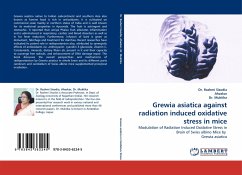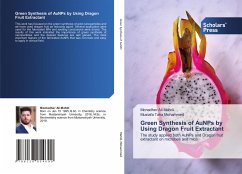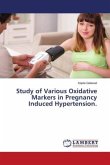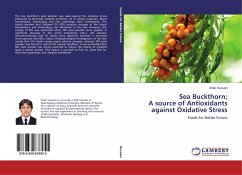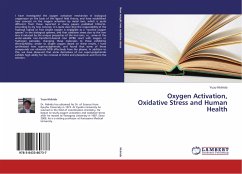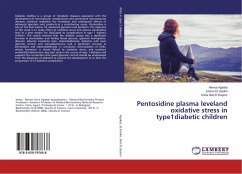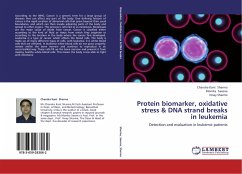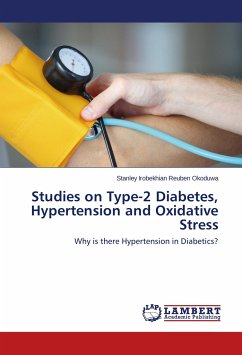Grewia asiatica native to Indian subcontinent and southern Asia also known as famine food is rich in antioxidants. It is cultivated on commercial scale mainly in northern states of India and is well known for its medicinal properties in Ayurveda. The fruit is astringent and stomachic. It reported that unripe Phalsa fruit alleviates inflammation and is administered in respiratory, cardiac and blood disorders as well as in for fever reduction. Furthermore, infusion of bark is given as demulcent, febrifuge and treatment for diarrhea. Recent researches have indicated its potent role in radioprotection also, attributed to synergistic effects of antioxidants viz. anthocyanin- cyanidin 3-glucoside, vitamin C, Carotenoids, minerals, dietary fibers etc present in it and their capacity to scavenge free radicals. and enhancement of DNA damage repair. The book discusses the overall perspectives and mechanisms of radioprotection by Grewia asiatica in whole brain and its different parts cerebrum and cerebellum of Swiss albino mice supplemented prior/post irradiation.

